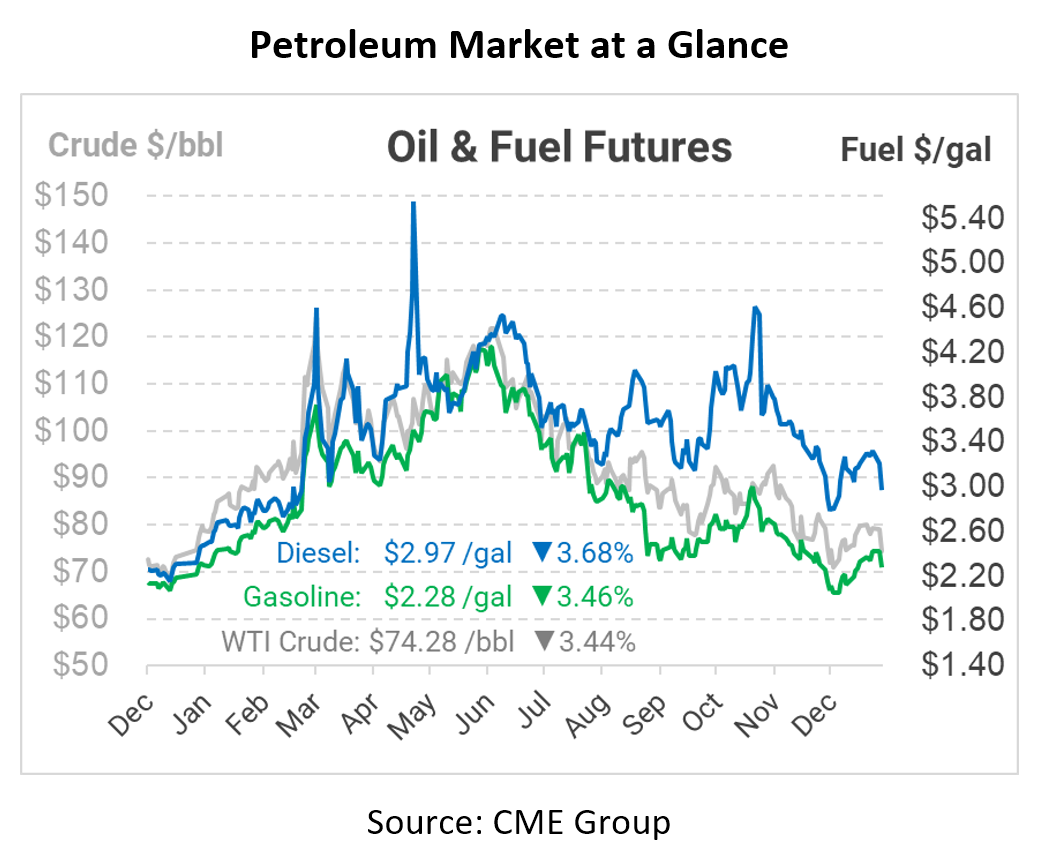
What Is It – Jobber
You have probably heard us refer to a jobber in FUELSNews before or heard the term from a representative at Mansfield, but do you really know what a jobber is and what they do? Have no fret if you don’t – because we are about to explain it all here.
By definition, a jobber purchases refined products wholesale and resells them at retail price. A jobber is often considered the “middleman” in the oil distribution chain. Jobbers may also be referred to as petroleum marketers. It is a person or business responsible for purchasing specific quantities of fuel from refining companies and selling it directly to consumers. Consumers could be anyone from retail stations to individual homeowners or end-user fleets.
What do Jobbers do?
Jobbers typically own the fuel they deliver to their customers, and many offer full services including lubricant top-offs and diesel winterization. They may also operate their own retail network, buying fuel from refiners and distributing to a retail network. Unlike common carriers, who sell freight services but don’t own the fuel they carry, jobbers offer combined fuel and freight service. They may sell fuel by the truckload (FTL), in smaller bulk quantities (LTL), or by filling up individual units (mobile fueling). Jobbers typically have their own fleet of delivery trucks, but they can also hire a third party to do the driving for them.
Who do Jobbers sell to?
Jobbers will resell their wholesale products to consumers such as government agencies, industrial businesses, commercial fuel users, and more. They may also offer other products such as cardlock fueling, lubricants, fixed fuel prices, and more.
Tips for Working with Jobbers
When selecting a jobber or petroleum marketer for a bulk fuel purchase, it is important to research the company and ensure you choose a trustworthy partner. The jobber should have your best interest in mind when securing a contract and be knowledgeable about your fuel procurement needs. Jobbers tend to offer multiple other types of services, such as on-site training or seminars or provide competitive carrier options to make your fuel procurement as seamless as possible. They should also be familiar with local fuel options and pricing, which can be helpful when dealing with emergency situations, high demand, or supply shortages.
Local vs. National Jobbers
There are thousands of jobbers in the US, ranging from local mom-and-pop shops to multi-national businesses. If your business only buys fuel at one location, you may be able to work directly with a local partner to secure your fuel. If you operate on a broad geographic scale, you likely will need to work across dozens – or even hundreds – of jobbers. If this is the case, it may be beneficial to work with a company with a national network of jobbers, such as Mansfield’s DeliveryONE Network, to ensure you’re receiving reliable deliveries and transparent pricing.
This article is part of Daily Market News & Insights
Tagged:
MARKET CONDITION REPORT - DISCLAIMER
The information contained herein is derived from sources believed to be reliable; however, this information is not guaranteed as to its accuracy or completeness. Furthermore, no responsibility is assumed for use of this material and no express or implied warranties or guarantees are made. This material and any view or comment expressed herein are provided for informational purposes only and should not be construed in any way as an inducement or recommendation to buy or sell products, commodity futures or options contracts.






